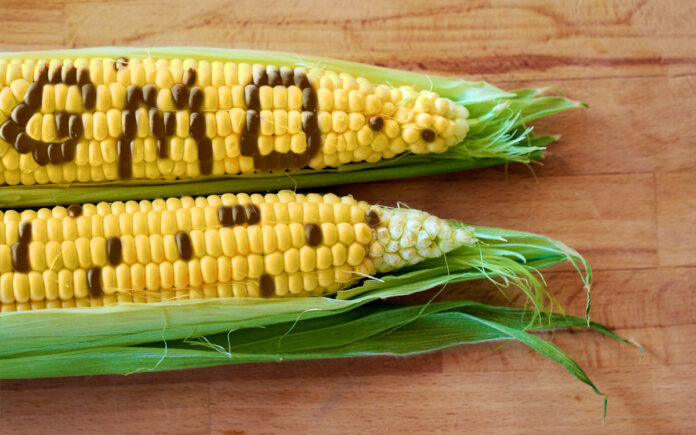CHIGOZIE AMADI
Nigerians have been warned of the dangers of taking genetically modified organic foods as what they eat determines their health.
Speaking at a media parley and training with Health of Mother Earth Foundation in collaboration with the Alliance for Food Sovereignty in Africa, Country Director at Bio Integrity & Natural Foods Awareness Initiative (BINFAI), Dr Jacqueline Ikeotuonye, said what is put into the body is what the body would use in the construction and replacement of its cells, hormones and neurotransmitters.
She noted that: “Quite literally then the human body is composed of the very food that he consumes, so it needs to be extra careful with his intake.”
She added that it has been proven that, “what you eat can drastically affect many aspects of your health, including your risk of developing chronic diseases such as heart disease, diabetes, and cancer.”
Ikeotuonye noted that: “Food has never been an issue of concern for us as Africans, but in recent times, food security in Africa has become an issue of global concern, considering its position as the world’s second-largest and second-most populous continent.”
According to available data, Africa’s land area is about 30.3 million km², including adjacent islands, and it covers six per cent of the earth’s total surface area and 20 per cent of its land area.
“It is a land populated by peoples with histories dating to ancient times and cultures shaped by innumerable tribes, languages, and traditions.
“Africans have been producing their food by tilling the continent’s vast arable land, using traditional methods that needs to be improved upon as the global population rises.”
She further said: “GMO issue has been very controversial. These things are affecting us. We don’t have a problem with what you want to release you can keep releasing whatever, but at least you owe it to us as the people, come out and tell Nigerians, this is the difference between the GMO beans and the non GMO beans.
“This is the difference between the GMO corn and non-GMO so that those of us who do not want to eat GMO, we will know we have a choice.
“But the way they’re going about it is like you must eat it by fire by force. You don’t want to show us evidence it is safe.
“If you trace the history of GMOs coming from America, where all these discussions are emanating from there is a whole lot of secrecy and a lot of controversy.
“How do we explain to the old woman in the market that this is GMO and that is not? how are we labelling them? Our labeling laws are so weak. So government needs to pause for us.”
Also speaking, coordinator for the Alliance for Action on Pesticide in Nigeria, Mr. Donald Ikenna, highlighted the links between pesticide and GMO.
He said: “Basically when you deplete the soil, typically solution would be fixing the soil, improving the soil, but science clear shortcodes would now be producing a seed that can work with that weak condition of the soil and that’s where GMO comes.”
He added: “Fertilizers started way back since the Second World War. And after that in Nigeria, we saw GMO coming in from the 1990s, and then the issue was, our soils are weak. So instead of addressing ways of improving soil health, restoring and rejuvenating the soil, we focus more on let’s promote GMO and see how we can get more multiple harvest.
“But sadly, globally no country can come up and say they’ve been able to achieve food security with the introduction of GMO. So it’s really been through field technology and I really don’t know why Nigeria should be driving towards that direction.”
While speaking to THISDAY on how to proffer solution to the numerous challenges facing Nigerians and promote healthy food, he said, “One of the things we need to focus on is restoring nature. We should consider farm systems and farm practices that are based on nature, and work against use of GMO.”
























